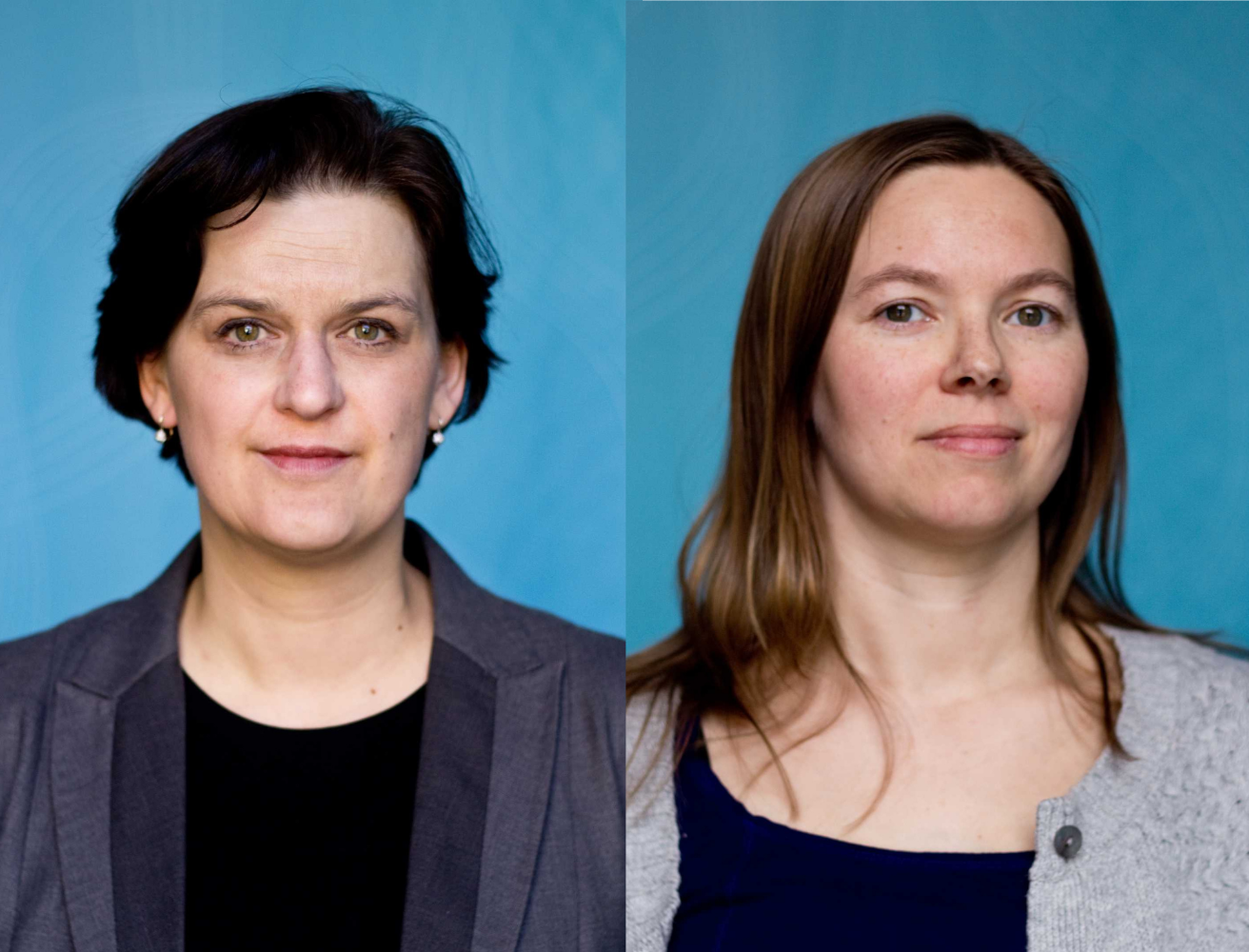
What role can truth and reconciliation commissions play in reconciliation in liberal states with a past of settler colonialism?
The 3-year project Knowledge for Reconciliation: Truth and contestation in the aftermath of the Norwegian Truth and Reconciliation Commission (RECON) has been granted NOK 11.1 by the Research Council of Norway. The project will be led by Inger Skjelsbæk, and will include PRIO's Helga Malmin Binningsbø and Karin Dyrstad of NTNU as well a PhD student.
Congratulations to Inger and the project team!
By analyzing the case of the Norwegian TRC in the South Saami area, the new RECON project will critically examine how the dissemination of knowledge about past and ongoing injustices affects reconciliation.
The project will use a mixed-methods research design, including in-depth interviews and focus group discussions with minority and majority teenagers and adults in the South Saami area, a qualitative experiment in which pupils from upper secondary schools are invited to visit a museum exhibition about the South Saami history and community, as well as a quantitative field experiment where we employ an online teaching module specifically designed for this project, also including pupils from upper secondary schools.
Triangulating our qualitative and quantitative data with findings from the literature will allow us to more specifically identify the mechanisms by which dissemination of knowledge about the past plays in reconciliation, providing a new and more comprehensive understanding of the role truth seeking plays not only in the South Saami area but also in other regions. This knowledge has implications for what measures might be most effective for states to implement in a reconciliation process.
The project will benefit from a reference group consisting of representatives of the South Saami minority and scholars of transitional justice. The group will assist the project team in ensuring we address the most pressing issues for the South Saami community as well as the key knowledge gaps in the transitional justice literature.
The project will start in January 2026.





